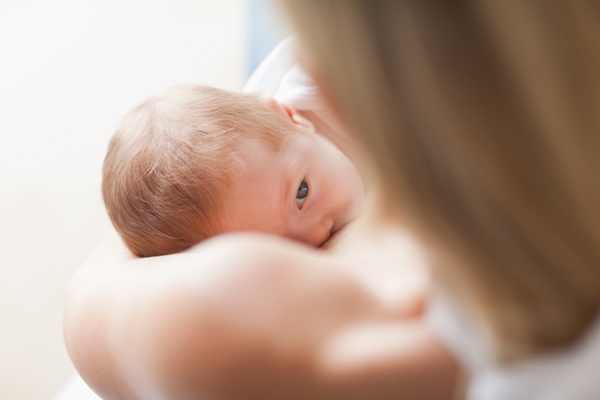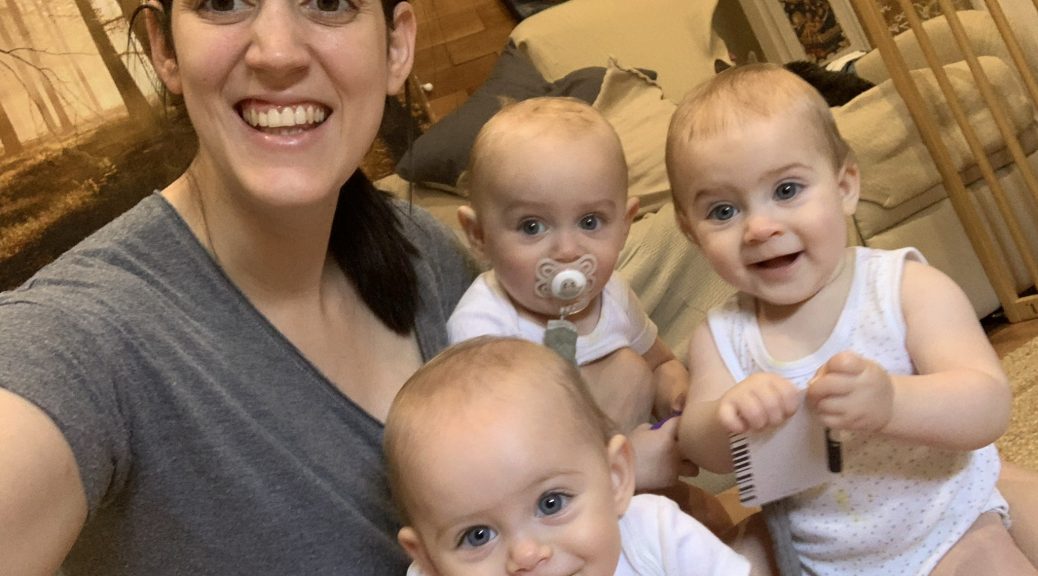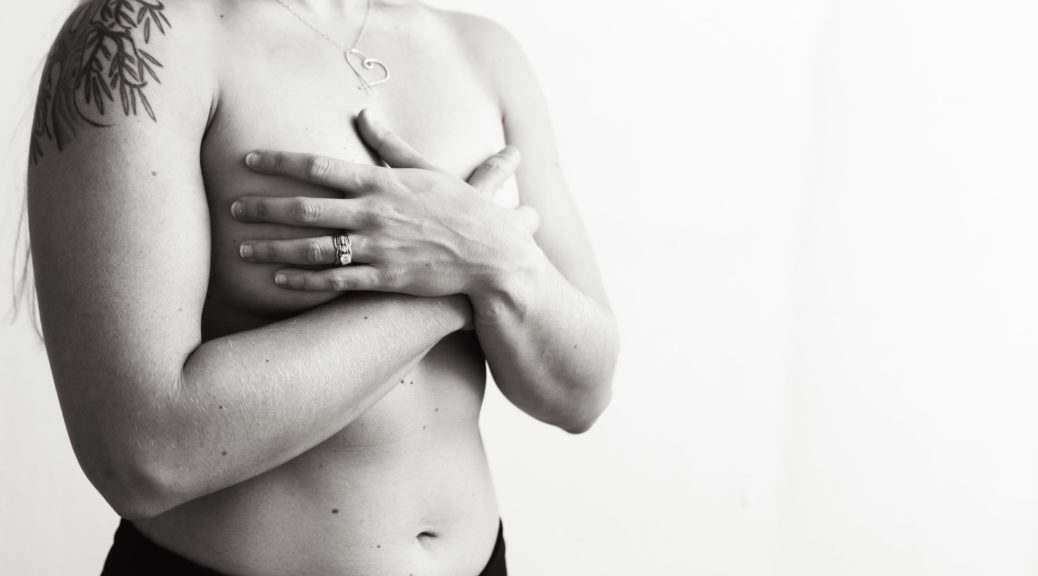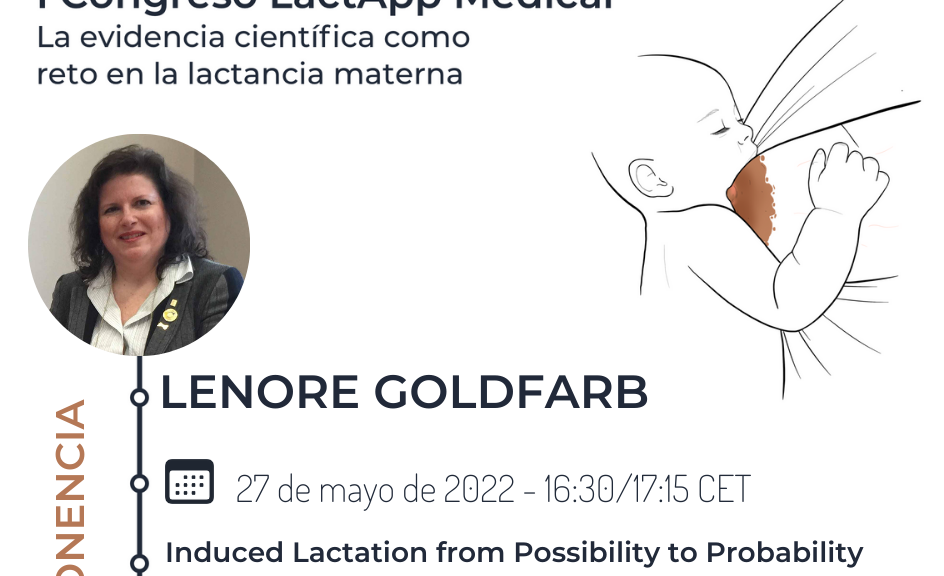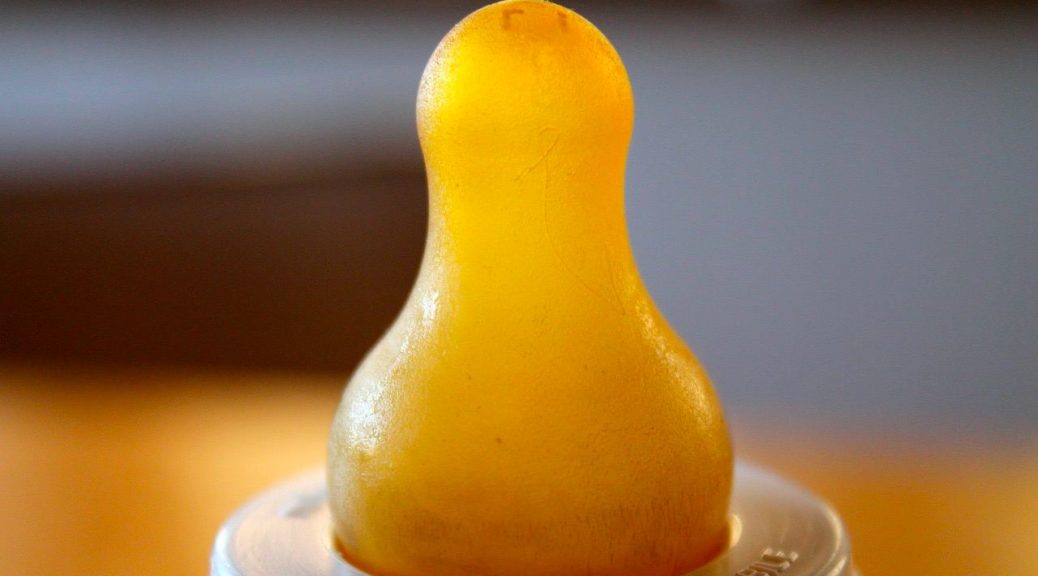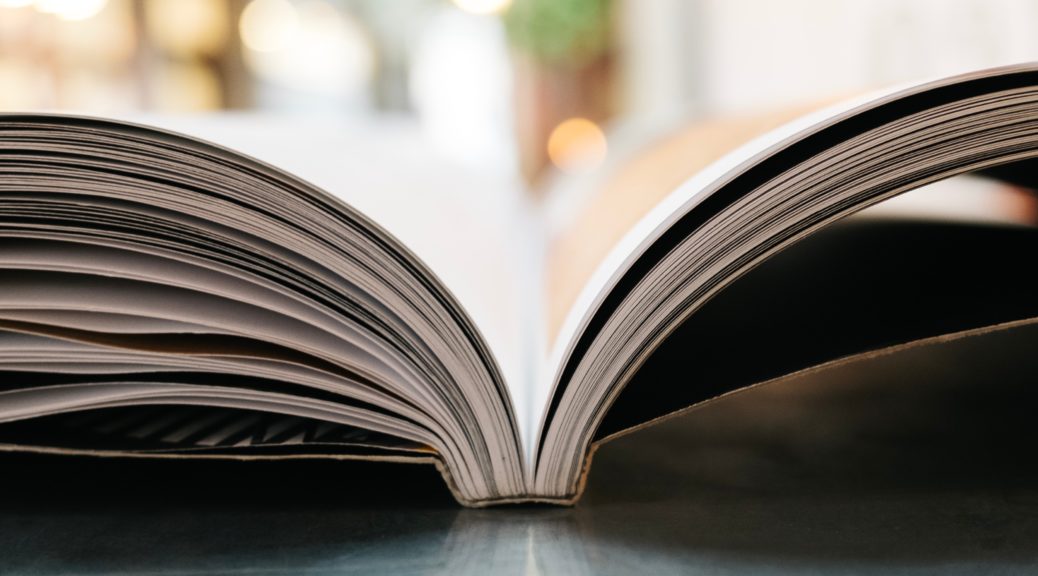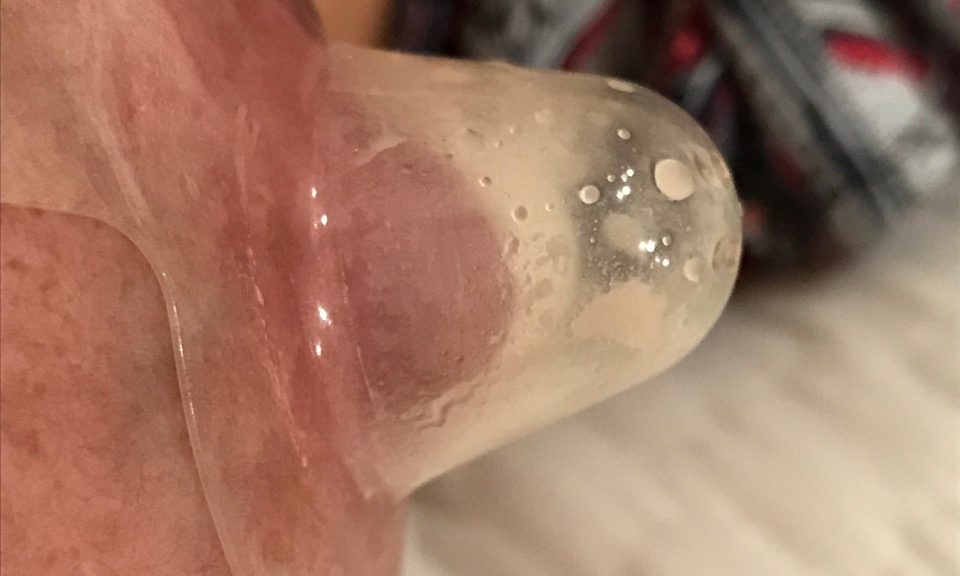“By the time we went home, I felt helpless”
Cristina has sent us this moving story, which we have called “By the time we went home, I felt helpless”, about her breastfeeding journey. If you would like to send us yours, please email it to: [email protected]. We would like to thank Cristina for her generosity in sharing her story. Here is her experience: If there is something, I always wanted throughout my life, it was to be a mom. Raising children and caring is something that has always been…

